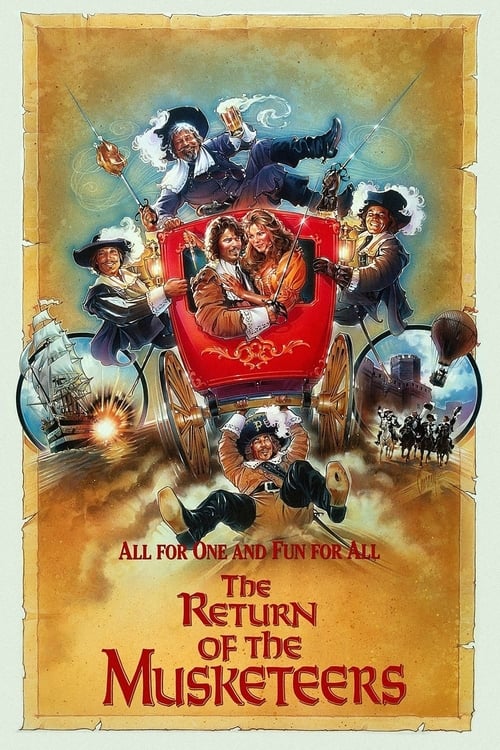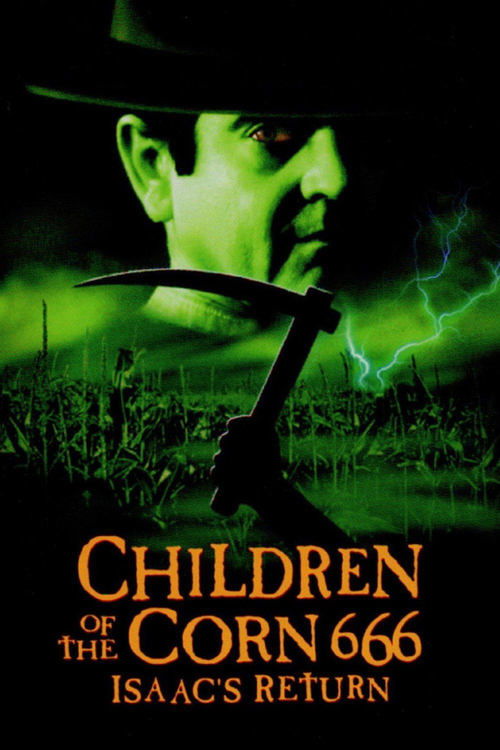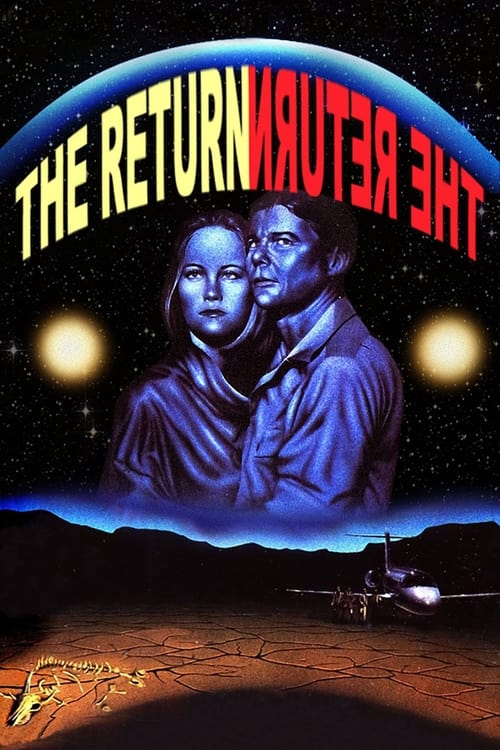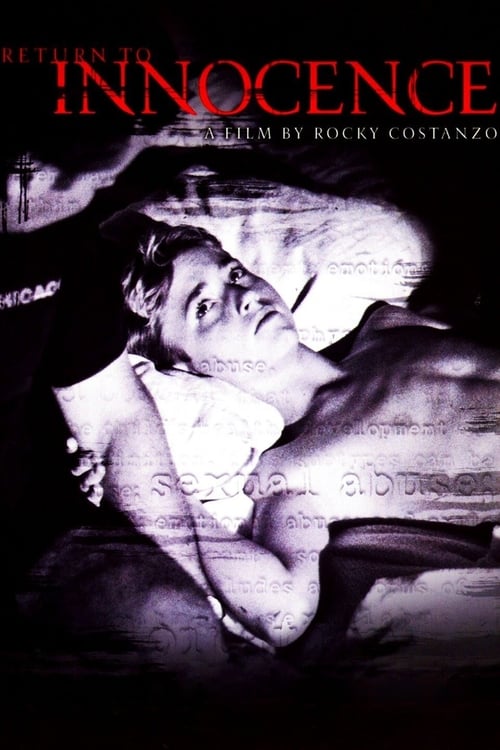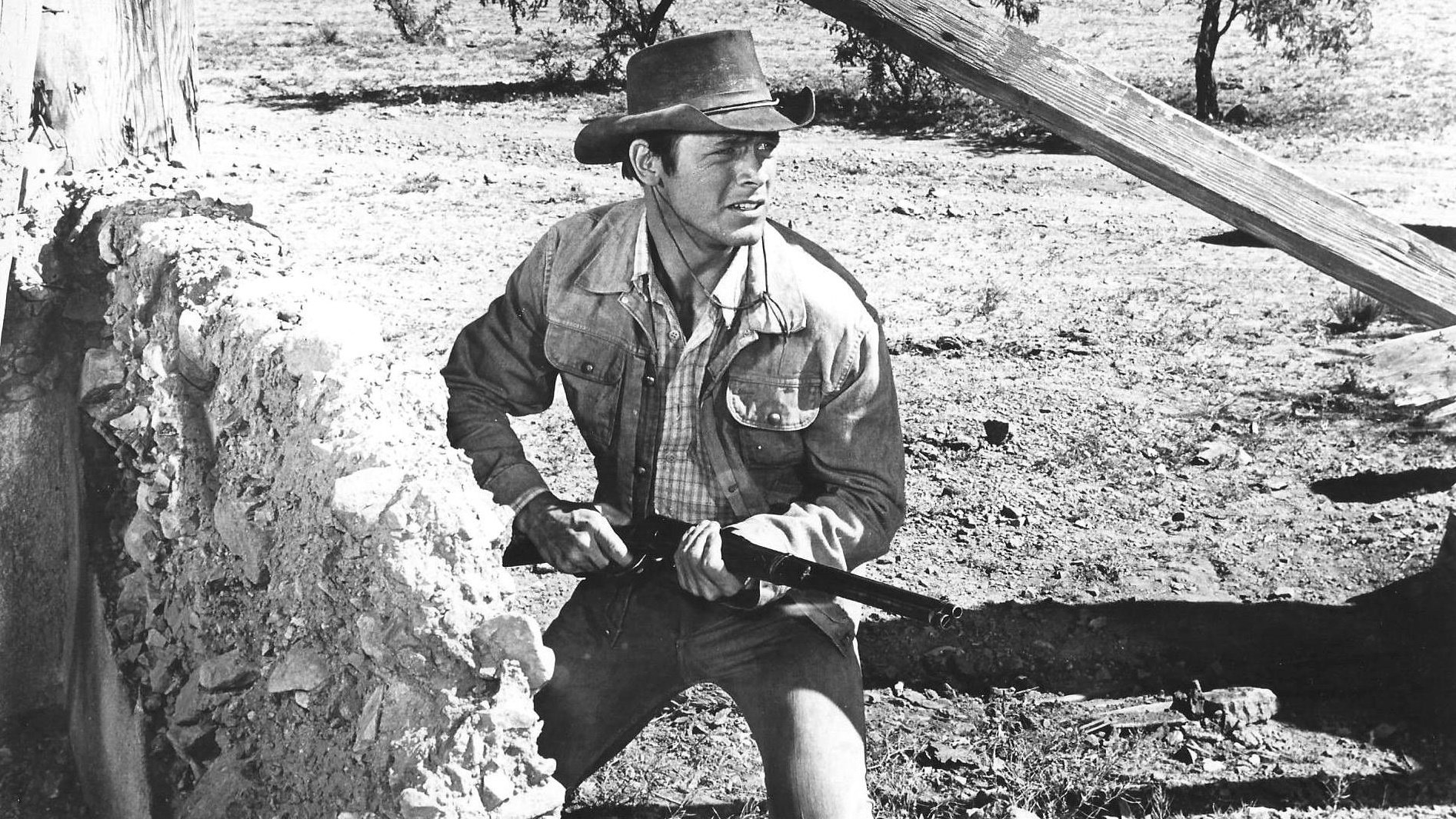
1967
Return of the Gunfighter
Western
7.0
User Score
66 Votes
Status
Released
Language
en
Budget
$0
Production
King Brothers Productions, Metro-Goldwyn-Mayer
Overview
A gunfighter and a cowboy help a Mexican girl avenge the land-related murder of her parents.
Review

John Chard
8.0
I'm tired of death - It keeps on following me.
Return of the Gunfighter is directed by James Neilson and adapted to screenplay by Robert Buckner from a story by Burt Kennedy. It stars Robert Taylor, Chad Everett, Ana Martín, Mort Mills, Lyle Bettger, John Davis Chandler and Michael Pate. Music is by Hans Salter and the Metrocolor cinematography is by Ellsworth Fredericks.
Aging gunfighter Ben Wyatt (Taylor) receives a request to go aid an old friend who's in trouble. Upon arrival at the family ranch he finds that both his friend and his wife have been killed. Locating the surviving daughter, he teams up with hot headed drifter Lee Sutton (Everett) and sets about avenging the murder of his friend and the girls parents.
By this time Robert Taylor was winding down his career and his life, 1967 would see him depart from the Western genre of film, how splendid to find he doesn't in the slightest disgrace himself here.
His character is weather worn, a gunfighter tired of all the killing, of looking over his shoulder all the time. This proves to be perfect for Taylor, who gives the role a believable sense of pathos, the passing of time and that fate will not leave him alone hangs heavy. Breaking it down it's a straight forward narrative, where the one time bad guy is called on to use his deadly skills for some good, to rid the plains of some nasty sorts. The relationship with the young upstart (Everett the whitest teeth in the West) builds nicely, leading to a finale that attacks the emotions of the major players.
There's a healthy quotient of action, decently staged by the tech crew, the Old Tuscon locations are nicely photographed, while support players impact with credit on the story. It's not all plain sailing, Salter's score is sometimes well in keeping with the era, but at other times it comes off like a Sccoby-Doo piece. Suspension of disbelief is of course required, none more so than when Ana Martín goes about the town pretending to be a boy and everyone falls for it - she is simply too pretty to remotely pass as male, and the appearance of Butch and Sundance in the plot is most odd.
Yet it's a lovely Oater this, feeling more like one from the 1950s than from the tail end of the 60s. Highly recommended to Taylor fans and fans of traditional Western fare. 8/10
Read More 